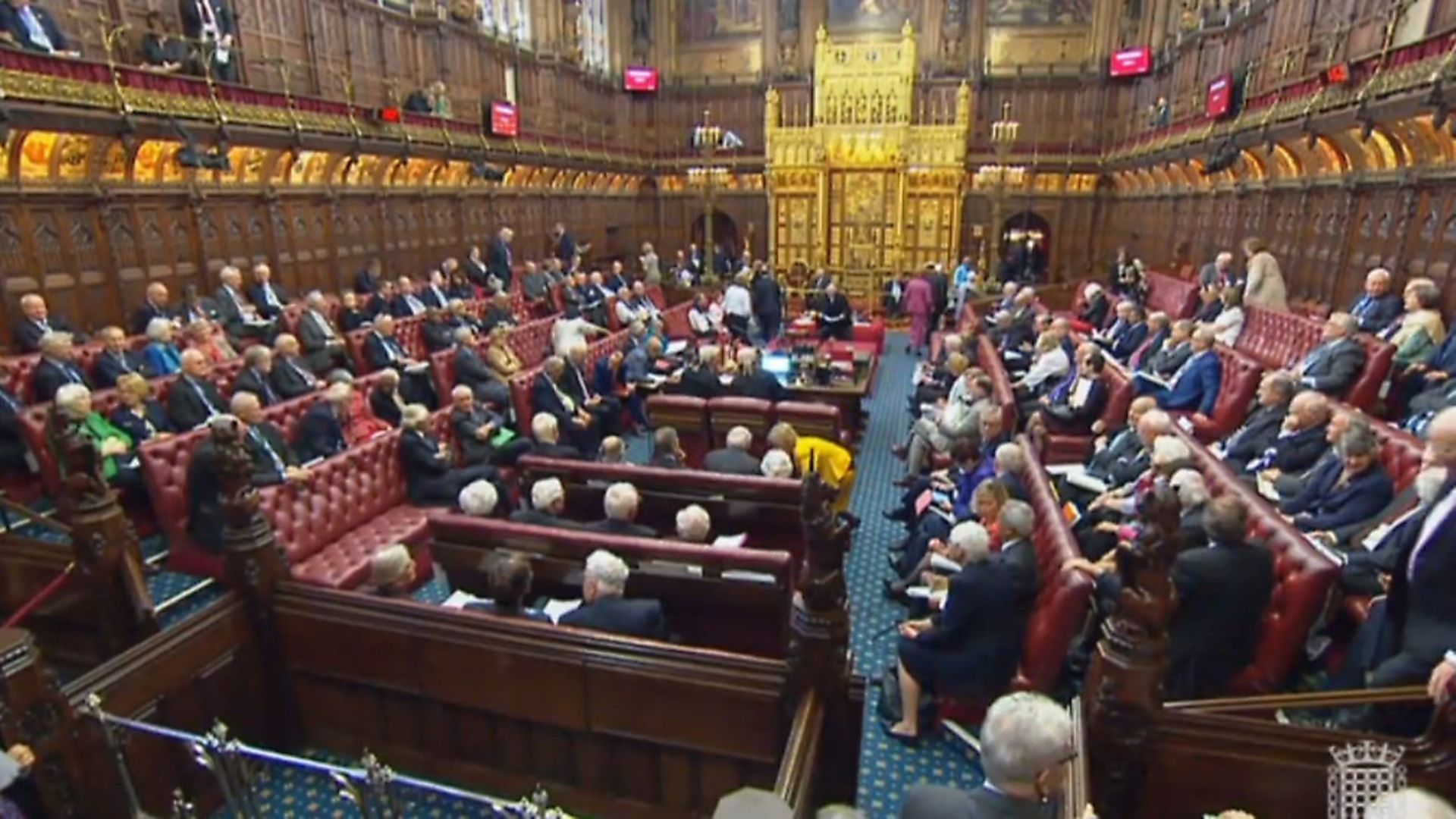
The Labour peer shares the blockbuster speech he never got to make.
The best speech I ever made in the House of Lords never happened. My blockbuster was all ready to go on Monday, then the debate was cancelled so Theresa May could buy herself a few more days of humiliation. So I will share it with you.
‘My Lords, Brexit is over, thanks to the mature good sense of the British people and the British parliament. The question now is what next?
‘First, we need to bury Brexit democratically. If the prime minister has any qualities of leadership she will call a referendum next week rather than wait for one to be forced on her or her successor by parliament.
‘Second, we need, urgently, a plan to rebuild Britain and tackle the social crisis which led to Brexit. There must be a real end to austerity; we need to build houses, improve the NHS, train our young people, especially those who don’t go to university. We need a proper federal constitution, including a new political settlement in England, which is presently run like a colony from Whitehall.
‘Third, we need to rebuild Britain in Europe. We must lead, not be led. We need to end, once and for all, being half-in half-out and become fully in, fulfilling the vision of our greatest leader, Winston Churchill, who saved Europe in 1940 and, after the war, inspired the creation of the European Union – which is on its way to becoming the most successful venture in history of civilization.’
Well, there you have it, bar a concluding paragraph.
Except that ‘there’s many a slip twixt cup and lip’. The end of Brexit could be extremely messy and drawn-out if we don’t secure a modicum of leadership from at least one of the major political parties.
The essential problem today is that there is neither a prime minister nor a leader of the opposition. In my experience you need someone in at least one of those two offices to give the country a sense of direction.
The only solution is for parliament to take charge, which is now taking place. It is far from ideal but parliament is the supreme power in our constitution and its decisive intervention has been the path to safety at other key moments in history, notably the crisis leading to Chamberlain’s replacement by Churchill in May 1940 and the equally serious crisis of 1830-32 – because there would probably have been a French-style revolution had it gone wrong – which led to the Great Reform Act starting Britain on the path to a modern democracy.
Each crisis takes its own turns. The peculiarity of this week is that parliament destroyed May’s treaty, except possibly as an option in a People’s Vote, by the very act of being prevented by the government from meeting. We will never know the precise majority of defeat, but it is truth universally acknowledged that it would have been colossal or May wouldn’t be the first prime minister since the 1930s to withdraw a major treaty because it couldn’t be passed.
Parliament is in charge of the next steps too. Thanks to smart footwork by Dominic Grieve, the prime minister – whoever it is – must return to parliament with a new policy no later than January 21, and that policy is now subject to binding amendment by MPs. This is the mechanism by which we will almost certainly get a referendum if it hasn’t already been conceded.
No-one quite knows how a government is literally forced to conduct a referendum it doesn’t want. But I doubt it will come to that, given private conversations taking place in the corridors of the non-debating Westminster.
Oh, and the end of my speech. It was on the little matter of Ireland:
‘I was recently in Dublin contemplating the dire consequences for Ireland of Brexit, another potential disaster after the failure of parliament, in the grip of imperialism, to heed the wisdom of Gladstone 140 years ago and establish a devolved parliament for Ireland within the UK. On the wall of the General Post Office, scene of the bloody 1916 Easter Rising, are these words of Seamus Heaney:
History says, don’t hope
On this side of the grave
But then, once in a lifetime The longed-for tidal wave
Of justice can rise up
And hope and history rhyme
Today, we have a once in a lifetime moment to hope that we might do the right thing for our country.’









